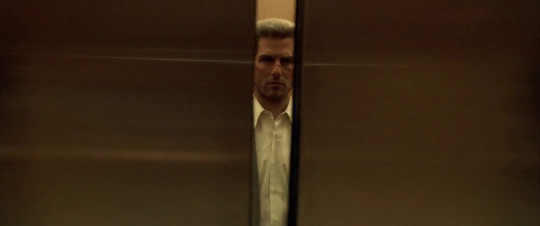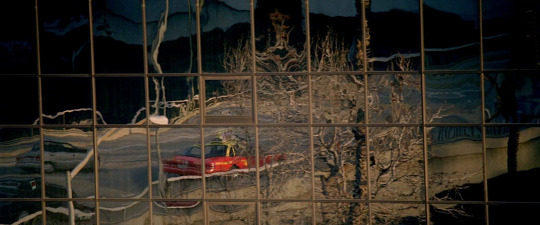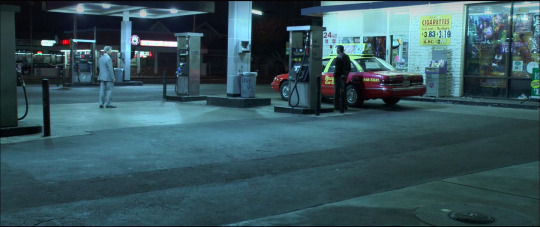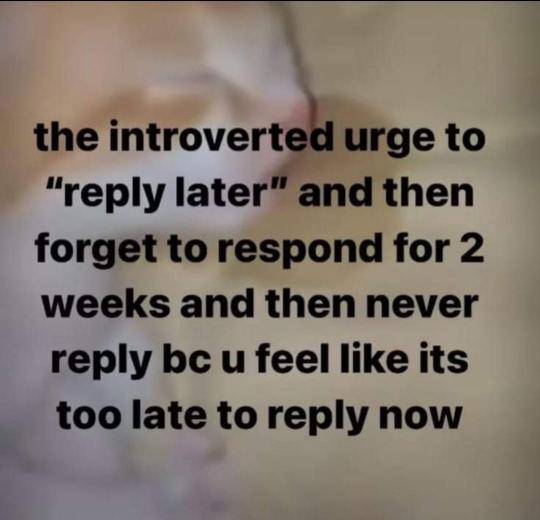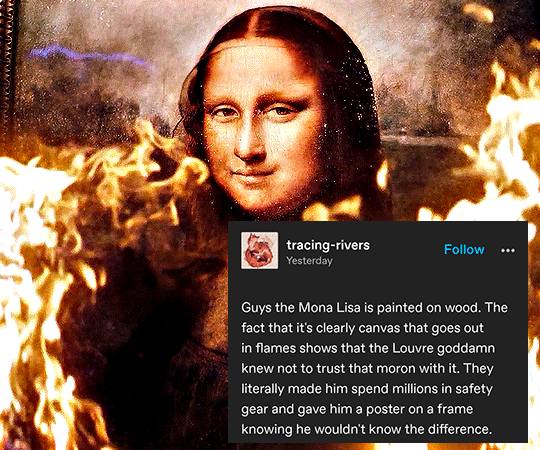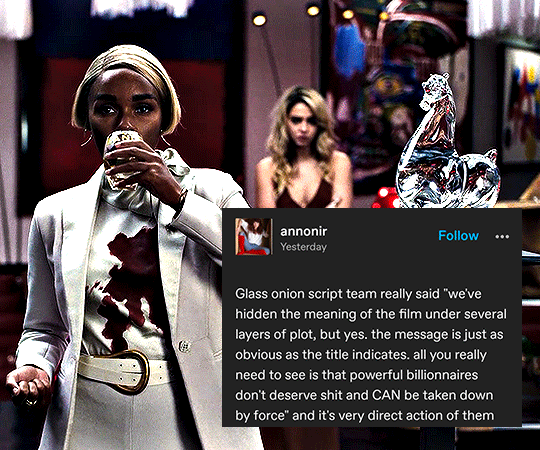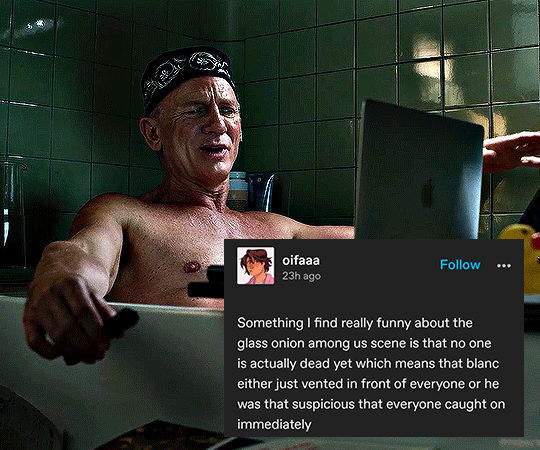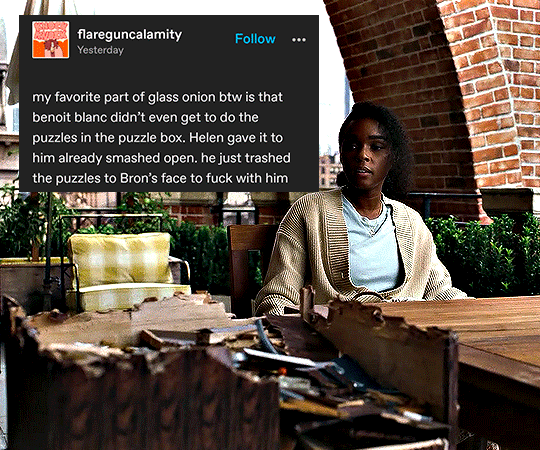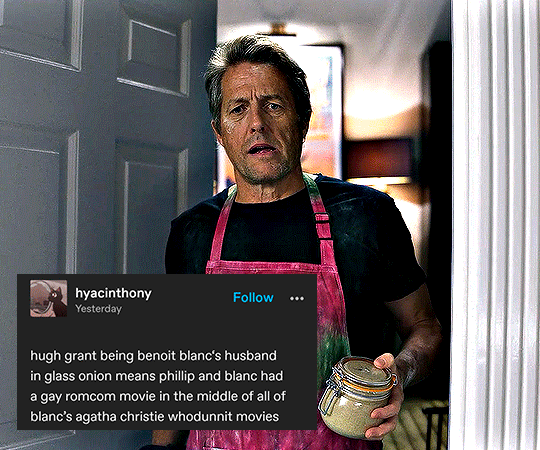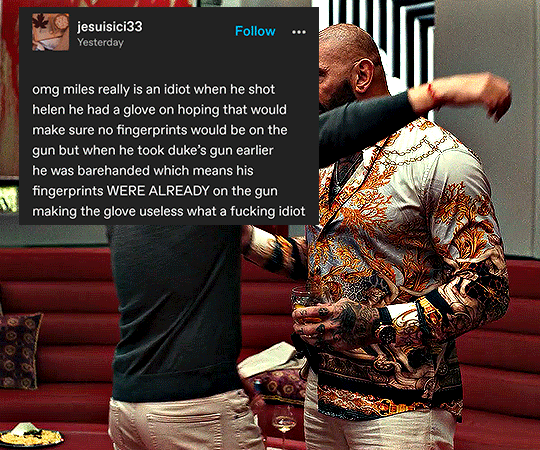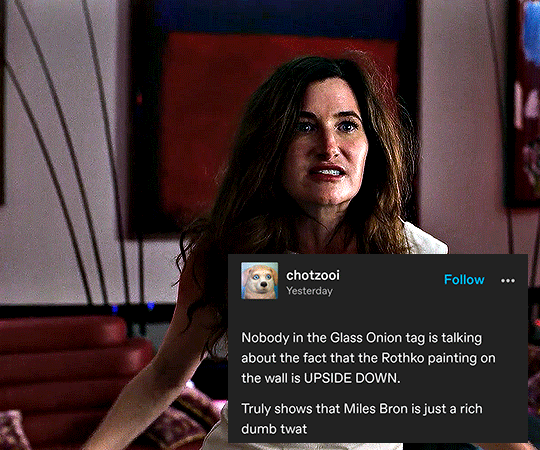Text
(This is something I wrote in Jan 2022 that I'm reposting because of the parallels I drew here between this film and AMC's IWTV [well before it aired, obviously] - also I just want everyone to go watch Collateral lmao)
I recently rewatched Collateral, along with the Director’s commentary & ‘Making of’ segment. I haven’t seen it since around its release in 2004, so honestly I kind of expected that it might age badly, but it really didn’t. I think it’s fantastic & I really recommend it. I love the atmosphere of a city at night, stories told using just a few characters, & only within one short stretch of time.
The thing that stood out to me the most, though, when looking into all the behind the scenes development, was the fact that, for a story that involves a close relationship between a Black man & a white man (and also largely in settings that aren’t white at all), nobody ever mentions race. A white person wrote the script and a white person directed it, so it’s not surprising that they’d skim over this. At points in the film, it seems like there is awareness of how a white man & a Black man would navigate American society differently, but it also could easily just be the difference in one being a cab driver & the other an assassin holding him hostage. Since race isn’t mentioned, it’s probably the latter tbh. They might fully have just made the cab driver Black bc that’s what they tended to see in real life, then ignored the rest bc we, as white people, never have to think about our race, so we make the assumption that neither does anyone else, which is entirely false.
Anyway, I found this article, written from a Black perspective, that was really nailing down the things I wanted to hear discussed (but does reveal the entire plot, so spoiler alert for anyone who needs it).
Black Liberation via White Privilege: A Reappraisal of Michael Mann’s 'Collateral’
(I’m going to also post the text under a cut here too, for easier reading, bc I had some issues reading that article on mobile)
What struck me the most about this perspective is how very easily you could apply this relationship to the AMC Interview with the Vampire series. I obviously have no idea what they’re actually going to do, but I think a lot of white fans tend to assume Lestat is going to be abusively holding all this power in the relationship just bc he’s white, & that simply isn’t true. It’s one aspect of how it could be explored (& God, I hope it isn’t), not the only one, even in a setting from the past. It would also not follow canon, as Louis is not a passive character at all. Vincent / Lestat & Max / Louis are very, very similar characters tbh.
Take a look at these excerpts:
Each subsequent murder by Vincent with Max alternately as witness or unwitting participant demonstrates the violent force of White privilege and teaches Max how to perform “Whiteness”; that is how to lack empathy for others, pretend to possess credentials you don’t actually have, violate, abuse and even kill others to attain money as the ultimate goal of a soulless human condition. The master’s privilege is based on a dialectic of servitude enforced through heartless displays of violence and lies that take other people’s confidence.
And:
When Max’s boss calls him to complain about the damaged cab and levies serious garnishments to Max’s wages, Vincent commandeers the cab’s radio microphone and instructs Max on what to say back to his boss to stop this unjust treatment. When Max protests that he cannot speak back to his boss so disrespectfully, Vincent abruptly speaks directly to Max’s boss with an authority based on phony government credentials, a detailed knowledge of insurance liability policies, and a sense of White privilege that trumps the expected subordination inherent in White employer/Black employee relations.
At any rate, I don’t really want to detract from the point of the article actually being about Collateral & not the AMC IWTV show, the parallels just stood out to me & I wanted to share.
Full article text under the cut.
Black Liberation via White Privilege: A Reappraisal of Michael Mann’s 'Collateral’
Shadow and Act Staff
June 09, 2014
Sometimes the work of a great filmmaker can hit all the right notes but not strike the right chord in audiences, critics or both at the time of the film’s initial release. Such was the case with Orson Welles’ “Citizen Kane" (1941), Alfred Hitchcock’s "Vertigo” (1958), Francois Truffaut’s “Shoot The Piano Player" ("Tirez sur le pianiste" - 1960) and of course most famously with Frank Capra’s "It’s A Wonderful Life" (1946).(1)
Although many films miss their commercial and/or critical marks, some films gain in reputation and commercial success only after repeated viewings, revivals and reappraisals by audiences and critics. I am not above such critical hubris as was the case when I first saw Michael Mann’s 2004 film, "Collateral” in the theatre. At that time, I was unable to get past the fact that I thought that Jamie Foxx had been miscast as a milquetoast cab driver opposite a silver haired Tom Cruise as a hit man fulfilling multiple contract killings throughout a single night in Los Angeles. Fortunately, following my instincts that there is always something to admire even in the lesser works of great auteurs I purchased a DVD copy of the film when it was first released a decade ago, but I never found an occasion to watch it. Although "Collateral" can hardly be considered a critical or commercial disappointment at the time of its release, it is a film whose success is built in no small part upon the popularity of both Tom Cruise and Jamie Foxx as its stars and Michael Mann’s well known visual panache in shooting Los Angeles at night rather than for the depth of its story and themes. Hearing through social media about the film recently playing on cable and other secondary networks, I found myself watching my DVD and being astonished by my own obtuseness with regard to the utter brilliance of this film.
What struck me immediately about the work a decade after its release was how the circumstances and the relationship between the White hit man, Vincent (Tom Cruise) and the Black cab driver, Max Durocher (Jamie Foxx) could easily be interpreted as an action packed philosophical parable that attempts to transfer the morally suspect power of White privilege from a White character to a Black character. This interpretation, which I will explore here, first strikes the mind in an early fascinating scene between Vincent and Max in the cab after Vincent has committed his first murder and after he forces Max into a form of indentured servitude which will last for most of the film’s story.
When Max’s boss calls him to complain about the damaged cab and levies serious garnishments to Max’s wages, Vincent commandeers the cab’s radio microphone and instructs Max on what to say back to his boss to stop this unjust treatment. When Max protests that he cannot speak back to his boss so disrespectfully, Vincent abruptly speaks directly to Max’s boss with an authority based on phony government credentials, a detailed knowledge of insurance liability policies, and a sense of White privilege that trumps the expected subordination inherent in White employer/Black employee relations. Vincent, playing the role of an aggressive take no bullshit Cyrano de Bergerac, instructs Max to call his boss an “asshole” and to say that,” the next time you pull any shit I’m gonna have to stick this yellow cab up your fat ass.” This is the first of many scenes where Vincent allows Max to borrow his White privilege as a form of collateral to insure his continued servitude throughout this intense night journey. The fact that Vincent has zip tied Max’s hands to the steering wheel only adds to the interpretation that Vincent is both demonstrating and transferring to Max the very machinations of White privilege in circumstances where a Black male is unable or unwilling to exert resistance against the oppressor.
That Max is being oppressed by Vincent in this process is but a sweeter irony of our interpretation.
The very next scene which also underscores this idea of the demonstration and transference of White privilege is when Max while attempting to alert others of his predicament, is robbed by two White trash males and Vincent returns to unceremoniously kill them both and retrieve his briefcase.
Vincent tells Max, “You attract attention you’re going to get people killed who didn’t need to be, you understand?”
Each subsequent murder by Vincent with Max alternately as witness or unwitting participant demonstrates the violent force of White privilege and teaches Max how to perform “Whiteness”; that is how to lack empathy for others, pretend to possess credentials you don’t actually have, violate, abuse and even kill others to attain money as the ultimate goal of a soulless human condition. The master’s privilege is based on a dialectic of servitude enforced through heartless displays of violence and lies that take other people’s confidence.
It must be said here that this interpretation of "Collateral" has a philosophical basis and it is found in the German philosopher G.W.F. Hegel’s master-slave dialectic or what is properly translated as lordship and bondage.(2) Without delving into a long explanation or an untidy oversimplification, let’s just say that Hegel after studying some reports concerning the violent Haitian revolution from French oppression (1791-1804), he noted that what defines the relationship between a master and a slave is death. The master is master because he does not fear death, but the slave is a slave because of his fear of death and as a consequence he enters into an agreement where in which his servitude grants him life and his disobedience will grant him certain death. What is curious both in this simplification of Hegel’s master-slave dialectic and the interpretation of "Collateral" that is being put forth here is the notion that White privilege is ultimately based upon a White man’s sociopathic lack of empathy for non-Whites and an absence of the normal fear of death.
Vincent represents a terminator-like grim reaper murdering people as professionally as possible for a pre-determined price, without shame, compassion, or most importantly without fear of his own death. Vincent as performed by Tom Cruise is the personification of a form of heartless White privilege that murders all the minority victims he has been hired to kill without remorse as a means of proving and maintaining a race based moral supremacy.
A powerful scene that demonstrates this transference of White privilege from Vincent to Max is when Max has to assume Vincent’s identity and talk to Vincent’s Latin employer Felix (Javier Bardem) inside of a Latin nightclub. As Max pretends to be Vincent he is surrounded by armed Latin guards who keep their hands on their weapons. As he traverses the night club all of the Latin club goers stare at Max with suspicion. The Blackness of Max’s skin signals suspicion and inferiority to all of the Latin patrons, guards and even Felix the employer who has never actually seen Vincent before. After Felix tells the story of Black Peter and Santa Claus to Max as Vincent, Max uses the improvisation skills he has learned from the real Vincent to safely gather the information Vincent needs to complete his murders. When he leaves the club he is no longer looked upon with suspicion and inferiority by the guards or the patrons; he is protected by the cloak of White privilege.
By contrast, in the climatic and bold Asian nightclub shoot out sequence that is a major set piece within the film, Vincent as a White man traverses through the crowd of Asian club goers with an invisibility and an invincibility that is racially coded; that is to say, Vincent’s Whiteness in a sea of writhing Asian bodies is not questioned, interrogated nor given a dirty look- because the aura of White privilege gives his presence a kind of “carte blanche” to walk safely through the social spaces of all other races held below Whites on the totem of racial hierarchy. Max benefits from Vincent’s White privilege in this scene because Vincent protects him from being killed and exchanges glances with him that acknowledge the transference of White privilege as a protective cloak in exchange for his continued servitude. Even when the violence erupts and people are screaming and running frantically for the exits, Vincent’s Whiteness allows him to kill his intended target, an Asian drug lord, and escape outside to Max’s cab without so much as having to say,” excuse me”.
And just in case we might doubt the veracity of this race based interpretation of the film, Vincent suddenly kills a sympathetic Latino cop who had found and believed in Max’s innocence while he was standing in the club’s doorway. Max is appalled at this murder above all the others because it was both senseless and unnecessary. He is forced at this point to overcome his own fear of death and use the tools of White privilege to force his own violent liberation from enforced servitude. It could be that by putting this film in context with other recent popular slave liberation narratives like Tarantino’s “Django Unchained" and McQueen’s "12 Years a Slave" we can discern a greater depth and meaning in the film’s story and theme than we could upon its initial theatrical release. It is in this way that we might think of Michael Mann’s "Collateral" as a kind of slave liberation narrative that we might call, "11 Hours a Slave” since the film takes place between 6:30pm and 5:40am, according to the director himself.(3)
Vincent solicits Max’s servitude in a variety of ways that become increasingly morally suspect and violent. First, he offers Max a substantial bonus for taking him to what would turn out to be his first murder and then he threatens to take Max’s life when after the first murder he tries to remove himself from the situation. Vincent finally uses threats against Max’s mother and the object of his affection, Attorney Annie Farrell (Jada Pinkett-Smith) as the means to secure Max’s obedience. Since Vincent does not fear death he uses death itself as a means of attaining Max’s servitude because those thought of as slaves love and respect life and the lives of others in such a way that the Masters could never understand or respect.
Yet these threats and the servitude they enforce only makes us certain that "Collateral" is a philosophical parable based on Hegel’s master-slave dialectic, but doesn’t reveal how Max is able to liberate himself from Black servitude via White privilege. To make sense of this liberation we must look at the character of Max Durocher as performed by Jamie Foxx. What I first mistook as an uncertain performance by Foxx as Max in the beginning of the film during its initial theatrical release, I now understand to be a part of Foxx’s overall dramatic performance of a former bad-ass character trying to pretend to be timid and subservient to achieve his goal of owning his own limo company and being his own boss. In a sense Max was only pretending to be a slave so that he might one day be a master. Throughout the course of the film’s narrative we begin to understand that Max Durocher is not as docile and timid as he pretends to be during the first act. What Foxx is really doing is constructing a performance within a performance much like Denzel Washington constructed as Det. Alonzo Harris in “Training Day" or as Cary Grant constructed as Roger Thornhill in "North by Northwest.” Foxx is playing a character who himself is pretending to be something that he is not which is timid, docile and subservient because as the film progresses we see that he already had the tendencies inside that will be used to affect his own liberation; all Vincent is really doing is providing Max with an emotional road map through which he might tap into these primordial instincts that he must use to defeat his master.
This is what makes "Collateral" such a compelling film, it turns the master-slave dialectic on its head by revealing that it is the slave who is actually morally and intellectually superior to the master and that as the final shoot out in the darkness reveals, it is only by a twist of fate and our own perseverance that we are able to make other Whites recognize the illusion of White privilege as an evil enforced by violence. It is though violence that such evil must be brought to an end. This is no doubt what Hegel was noting in the bloody violence that attended the Haitian revolution and the killing of Whites that brought about Black liberation in the face of the atrocity of slavery.
By the end of the film, with Vincent dead on an empty train, his White privilege has been reduced to what Frank B. Wilderson III describes in his book “Red, White & Black,” as “fungible”.(4) We might define fungibility here as being no longer privileged and therefore replaceable in like or kind with other similar objects. In Vincent’s last words he states,” A man dead on the MTA, you think anyone would notice?” Vincent is no longer The White Man with special skills, privileges, and talents, but now just a man- a dead man who is replaceable, fungible, unimportant.
For some Whites the greatest fear concerning Black liberation is that they themselves might have to come to terms with their own fungibility; their own lack of importance in the earthy scheme of things. "Collateral" tells the tale of Black liberation via the transference of White privilege and in so doing it becomes a brilliant cinematic version of Hegel’s master-slave dialectic in transit with a cab ride that ends on a train.
NOTES
(1) "It’s A Wonderful Life" is a film that David Graeber the author of “Debt: The First 5,000 Years” would probably describe as the most accurate depiction that was ever made of how “everyday communism” is exercised in a capitalist society. See page 100 of “Debt: The First 5,000 Years” for an explanation of everyday communism in capitalist societies.
(2) As H.S. Harris explains concerning Hegel’s conception of lordship and bondage,” The real Lord in the relationship is Death, which becomes the inevitable consequence of disobedience, rather than the uncertain outcome of an equal contest.” Page 39, “Hegel: Phenomenology and System,” Indianapolis: Hackett, 1995. For a simpler explanation of the master-slave dialectic see: http://en.wikipedia.org/wiki/Master%E2%80%93slave_dialectic
(3) See reference note concerning an HBO interview with Michael Mann in: http://en.wikipedia.org/wiki/Collateral_(film)
(4) Frank B. Wilderson III explains that, “the other misunderstanding I am attempting to correct is the notion that the profit motive is the consideration in the slaveocracy that trumps all others… in point of fact, slavery is and connotes an ontological status for Blackness; and that the constituent elements of slavery are not exploitation and alienation but accumulation and fungibility… (pg. 14, "Red, White & Black: Cinema and the Structure of U.S. Antagonisms,” Durham: Duke, 2010).
Andre Seewood is the author of “SLAVE CINEMA: The Crisis of the African-American in Film.” Pick up a copy of the book via Amazon.com HERE.
16 notes
·
View notes
Photo




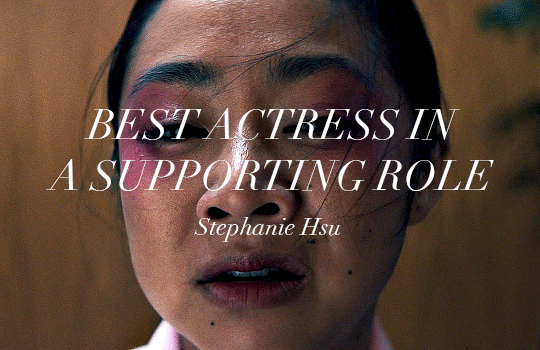
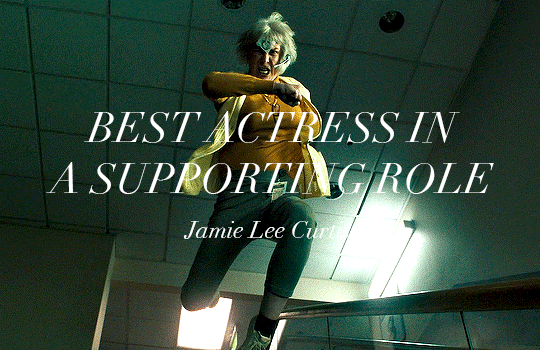
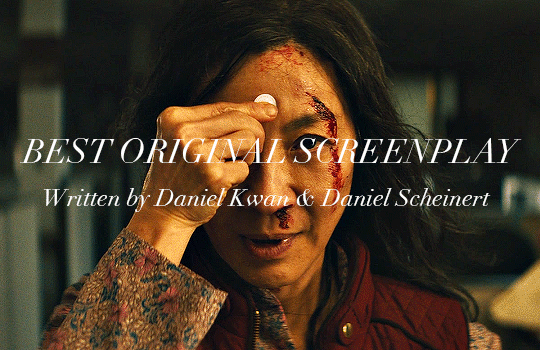



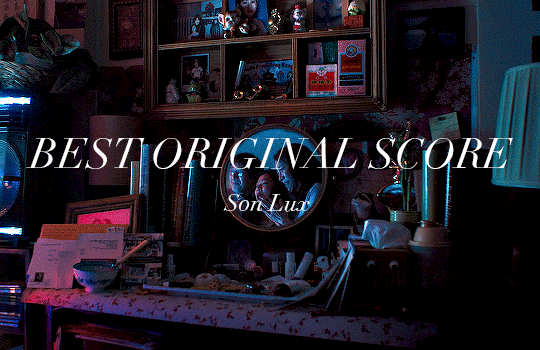
Nominee for the 95th Academy Awards: Everything Everywhere All at Once (2022)
16K notes
·
View notes
Photo

I realized, partway through drawing this, that the reason I’ve only ever drawn 2B herself one time is because every other time I approach an actual drawing of 2B I end up drawing someone else in her outfit.
So here’s Kermit.
Also on the other site.
956 notes
·
View notes
Photo

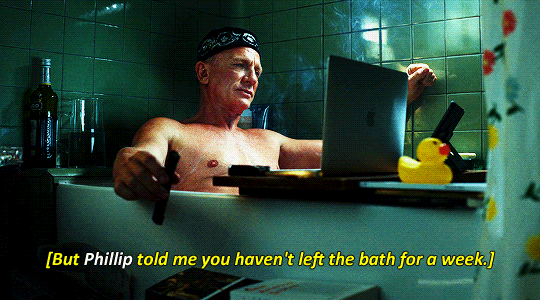




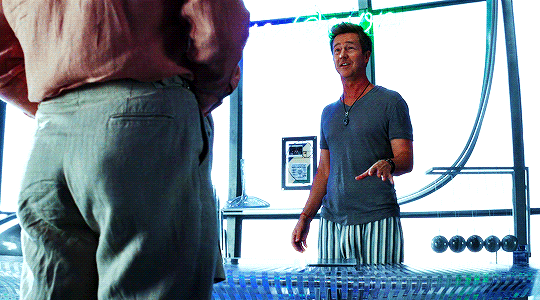



“I felt like having Blanc be gay and have a partner just felt like a very natural thing coming out of the first movie.” — Rian Johnson
1K notes
·
View notes
Text
benoit didn't gag when he took that spray before the boat travel. subtle but it confirm what we needed to know
2K notes
·
View notes
Photo

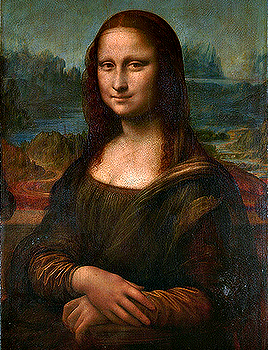

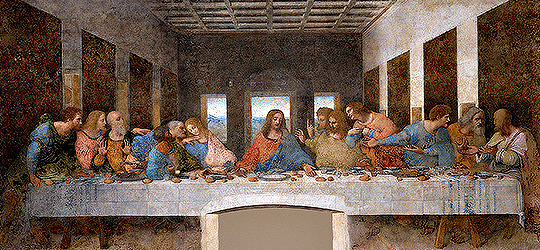

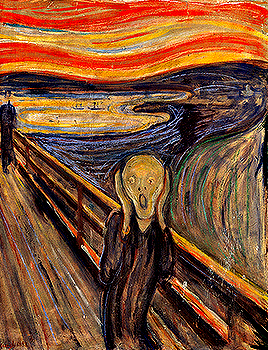
Glass Onion: A Knives Out Mystery + paintings (x/x)
The Mona Lisa (1503-1506) by Leonardo da Vinci The Last Supper (1495–1498) by Leonardo da Vinci The Scream (1893) by Edvard Munch
13K notes
·
View notes
Text
"Could Benoit Blanc have stopped Light Yagami?" - the greatest thread in the history of forums, locked by a moderator after 12,239 pages of heated debate
27K notes
·
View notes
Text
pls if you have a TikTok you have to follow this account
32K notes
·
View notes
Text
this is the funniest YouTube comment under a pedro pascal interview I have ever seen

58K notes
·
View notes
